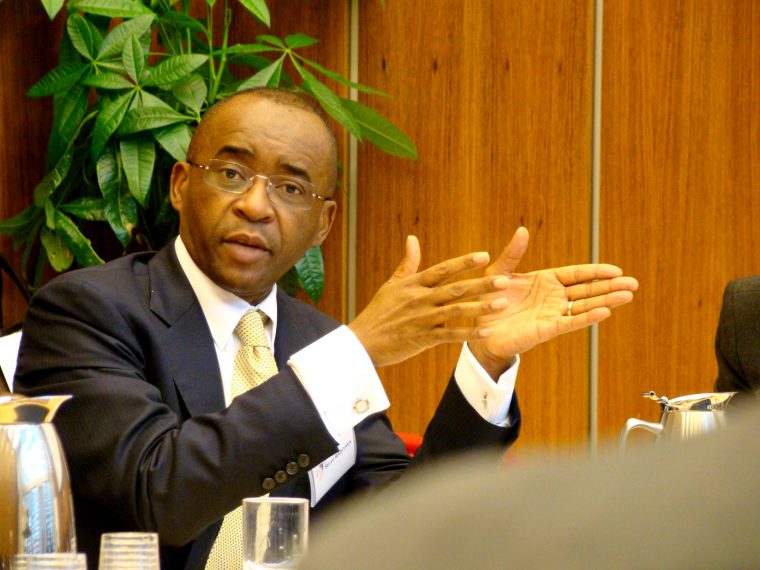Despite impressive economic development in recent years, Africa still lags far behind on energy, with almost two-thirds of the continent’s citizens lacking access to electricity.
While getting more power to the people is an important goal, extending electricity grids is expensive and slow.
Meanwhile, off-grid options may not be sufficient to meet people’s energy needs.
Fortunately, there is a third approach that can help fill in the gaps: mini-grids.
Mini-grids are essentially localized electricity networks that supply several users, whether households or businesses.
They can be grid-connected, but they do not have to be.
And, as a new report from the Africa Progress Panel (of which one of the authors is a member) shows – and as another report by the Rocky Mountain Institute underscores – mini-grids are an important piece of Africa’s energy puzzle.
Mini-grids can have a major competitive advantage over grid extension in rural and remote areas, because they can provide electricity more quickly and at much lower cost.
Because mini-grids require less capital investment than grid expansion, it can be easier to secure financing for them, meaning that they can electrify communities that might have to wait years for a grid connection.
Mini-grids also have a distinct advantage over off-grid systems: greater power generation.
Productivity-enhancing farm machinery, for example, usually requires more power than off-grid household systems can provide.
Moreover, mini-grids can be used to increase the resilience of existing electricity systems.
Power cuts on the main grid can affect a large number of businesses and households, and it can be difficult to restore services quickly.
Mini-grids can ensure that consumers retain access to power when the grid suffers interruptions.
Despite these benefits, the potential of mini-grids to help address Africa’s energy challenge has yet to be tapped.
Reliance on mini-grids is expanding more slowly than in other world regions, with Africa being more likely to implement off-grid systems.
Continued next page
(332 VIEWS)







0 Comments